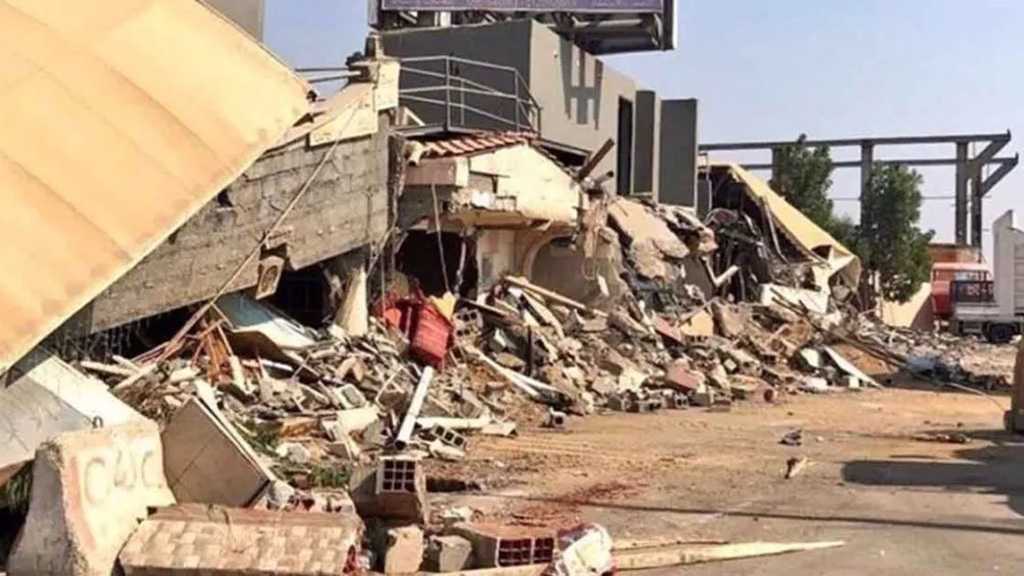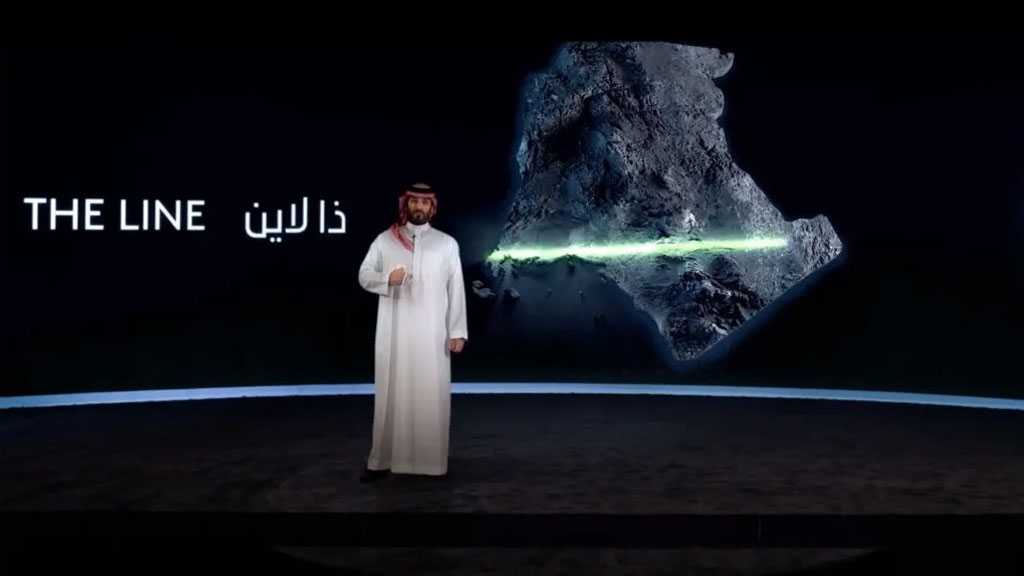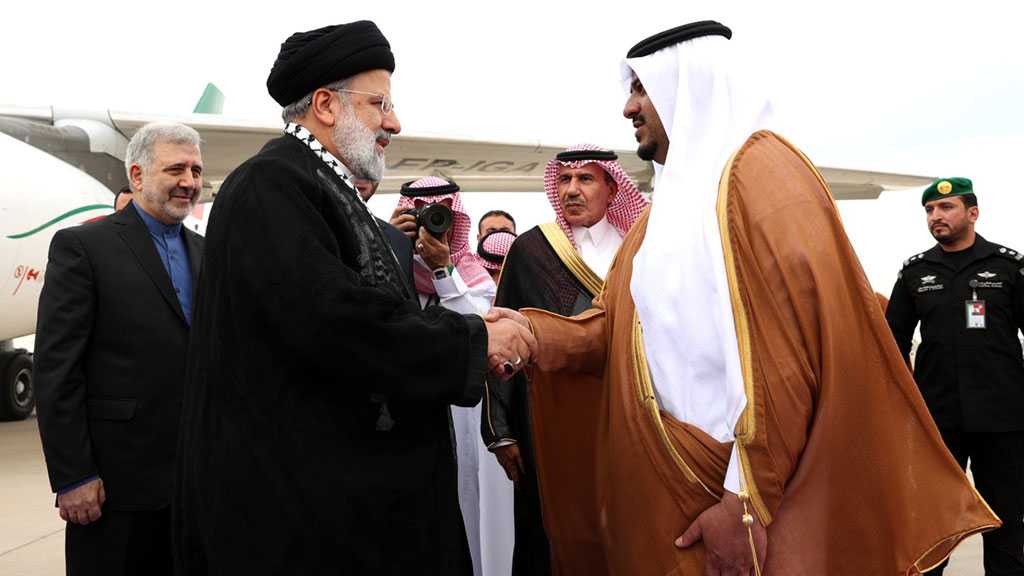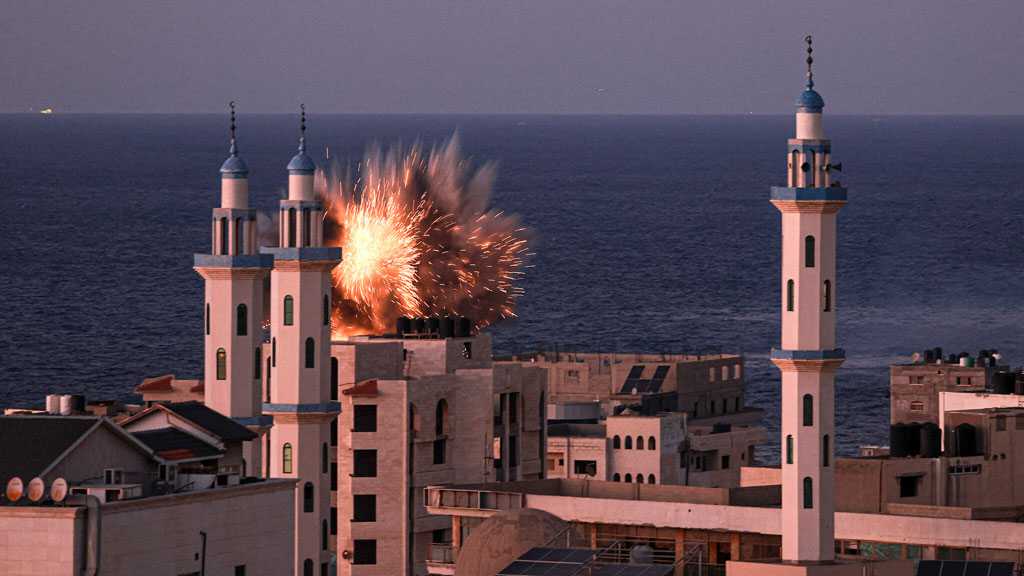Saudi Mass Demolition in Jeddah Turning Residents into Strangers

By Staff, Agencies
Local residents have been turned into “strangers” in their own hometown of Jeddah due to mass demolitions of homes and displacements, all under the latest ambitious project of Saudi Crown Prince Mohammed bin Salman in the strategic Red Sea port city.
The residents say Saudi authorities are destroying vibrant working-class districts that once burnished the country’s second-largest city, located 845 kilometers [525 miles] south of the capital Riyadh, as the most open destination in the deeply conservative country.
“We have become strangers in our own city. We feel suffering and bitterness,” a Saudi doctor, who did not want to be identified for fear of retaliation from the authorities, told AFP.
The doctor, who still had 15 years left on a loan he used to build his family’s “dream” home in Jeddah, which has been razed to the ground by bulldozers, added that the prospects of renegotiating the loan or claiming compensation remain unclear.
The demolitions are expected to pick up again in May following the end of the holy Muslim fasting month of Ramadan.
The operation is strongly believed to risk fueling anti-regime sentiment in the 30-plus affected neighborhoods, many of which housed a mix of Saudi nationals and foreigners from other Arab countries and East Asian states.
According to the London-based rights group ALQST, an independent non-governmental organization advocating human rights in Saudi Arabia, evicted residents had been living in their homes for up to 60 years.
Some were driven out when their power and water were cut off, or threatened with jail for disobeying an eviction order, it added.
A resident of Jeddah’s southern neighborhood of Galil, which saw the first demolitions last October, said security forces had confiscated mobile phones to prevent footage from getting out.
“We were suddenly expelled from our homes overnight and without warning,” said the man, who gave his name as Fahd.
Ali al-Ahmed, a Saudi activist and scholar at the Institute for Persian Gulf Affairs in Washington, has led online efforts to publicize details of the demolitions.
“It is not acceptable to demolish citizens’ homes without their consent, and before compensating them at an appropriate price sufficient to move them to a new place,” he said.
Saudi officials have asserted that the kingdom will compensate families for their losses and announced in February that the government would complete 5,000 replacement housing units by the end of the year.
But residents, including those evicted early on, said they had so far received nothing and that there was no clear way to assess the value of their destroyed homes.
“Months have passed and I have not received compensation for my home. I went from a homeowner to becoming a tenant struggling to pay his rent,” Fahd said.
Comments
- Related News




